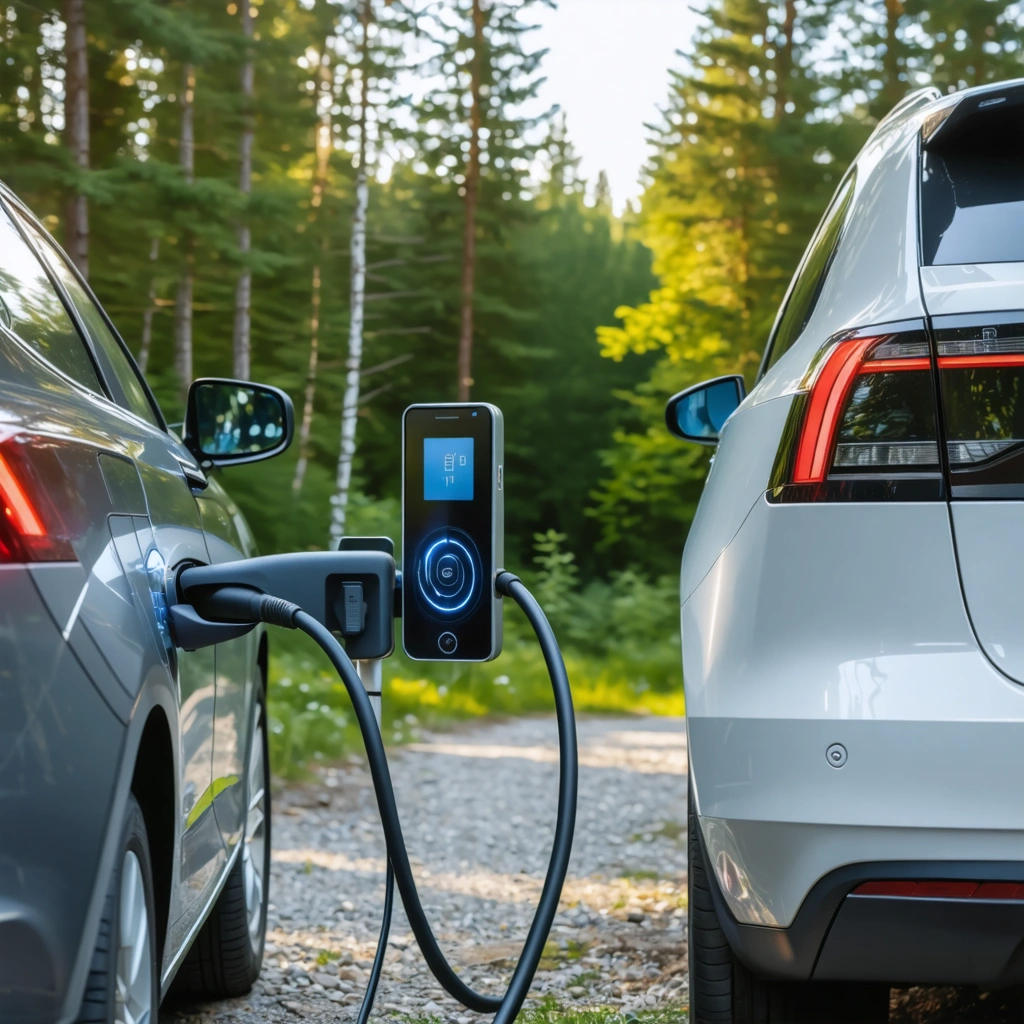
Introduction
In today’s fast-paced yet environmentally conscious world, off-grid events such as expos and trade shows are becoming increasingly popular. These events are designed to showcase innovative technologies, sustainable practices, and a commitment to reducing our environmental footprint. However, one of the primary challenges for both exhibitors and visitors is maintaining power, especially when the event is set in an area with limited access to traditional charging facilities. This article explores the complexities of finding a charge at an off-grid expo and offers practical solutions, business insights, and technical strategies to overcome these hurdles.
Understanding the Challenges of Off-Grid Charging
Limited Infrastructure
Off-grid expos are typically set up in remote locations where power infrastructure is either minimal or non-existent. The lack of conventional electrical outlets and grid connectivity forces organizers and participants to rely on alternative methods. This situation poses several challenges:
- Ensuring reliable power supply for critical devices.
- Managing energy consumption efficiently.
- Averting potential disruptions during critical presentations or demonstrations.
Environmental and Logistical Considerations
Sustainability is the cornerstone of off-grid events, and organizers aim to minimize their environmental impact. The logistics of power generation must be both eco-friendly and robust:
- Renewable energy sources such as solar power or wind turbines are often utilized.
- Battery storage systems must be capable of sustaining power needs throughout the day.
- Proper weather forecasting and planning are needed to ensure energy availability during overcast or windy periods.
Innovative Charging Solutions for Off-Grid Events
Renewable Energy Integration
Renewable energy plays a pivotal role in powering off-grid events. By integrating solar panels and portable wind turbines, organizers can generate adequate power. These technologies are not only sustainable but also economical over time. The integration process typically follows these steps:
| Step | Description |
|---|---|
| Assessment | Evaluate the energy requirements based on the number of devices, expected usage hours, and backup needs. |
| Installation | Deploy solar arrays or wind turbines in optimal locations with maximum sunlight exposure or wind flow. |
| Storage | Implement robust battery storage systems to ensure continuous power supply even when renewable sources are temporarily offline. |
| Monitoring | Use smart management systems to monitor energy production and consumption in real-time. |
Innovative Battery Technologies
Recent advancements in battery technology have ushered in new possibilities for off-grid power management. Modern batteries feature higher energy densities, faster charging cycles, and improved safety protocols. Some notable features include:
- Rapid charging capabilities that minimize downtime during high-demand situations.
- Modular designs that allow scalability according to the event size and booth requirements.
- Smart energy management systems that optimize charge and discharge cycles, prolonging battery lifespan.
Business Strategies and Operational Considerations
Collaborative Partnerships
The Australian tradition of mateship exemplifies how collaboration can overcome challenges. At off-grid expos, forming strategic alliances with energy suppliers, technology innovators, and local businesses can provide multiple advantages:
- Shared resources and pooled investments in renewable energy infrastructure.
- Joint marketing campaigns promoting sustainability and innovation.
- Exchange of technical expertise and operational best practices.
Business partnerships not only ensure a stable power supply but also reinforce the enduring commitment to green technology.
Cost-Benefit Analysis for Sustainable Investments
Investing in renewable energy infrastructure for off-grid expos might initially appear costly. However, a thorough cost-benefit analysis reveals significant long-term returns:
- Reduced Operational Costs: By harnessing renewable resources, recurring expenses on fossil fuels can be minimized.
- Marketing Advantages: Demonstrating a green commitment can attract environmentally conscious clients and investors.
- Regulatory Compliance: Investing early in sustainable technologies often aligns with future government policies and incentives.
Such analyses can be presented in detailed business reports and dashboards that help decision-makers visualize the returns of their off-grid investments.
Practical Guidelines for Off-Grid Charging at Expos
Pre-Event Planning
A successful off-grid expo hinges on meticulous planning and pre-event coordination:
- Conduct a thorough energy audit to forecast power requirements.
- Identify ideal locations for renewable installations, considering environmental factors.
- Arrange for technical and logistical support on-site to address unforeseen challenges promptly.
On-Site Energy Management
Efficient on-site power management is critical throughout the event:
- Utilize energy monitoring systems to track real-time consumption and production.
- Implement demand response strategies to accommodate peak loads.
- Set up designated charging stations equipped with fast charging and backup options for emergency use.
Post-Event Analysis and Future Outlook
After the expo, it is essential to perform a detailed analysis of the power management strategies employed:
| Aspect | Key Insights |
|---|---|
| Energy Production | Compare projected versus actual energy generation to identify areas for improvement. |
| Resource Utilization | Analyze battery usage and charging patterns to optimize future deployments. |
| Operational Efficiency | Evaluate the performance of maintenance teams and technical support during the event. |
Such comprehensive reviews can inform future strategies, ensuring that upcoming events are even more efficient and sustainable.
Conclusion
Off-grid expos represent the future of sustainable business events, combining innovative technology with a commitment to environmental stewardship. The challenges of ensuring reliable charging are significant but are met with equally compelling solutions. From partnering with energy innovators to implementing cutting-edge battery technologies, the strategies discussed in this article provide a roadmap for successful power management. By fostering collaboration, leveraging renewable energy, and embracing futuristic technologies, businesses can not only overcome off-grid charging challenges but also set new benchmarks in sustainable event management.




